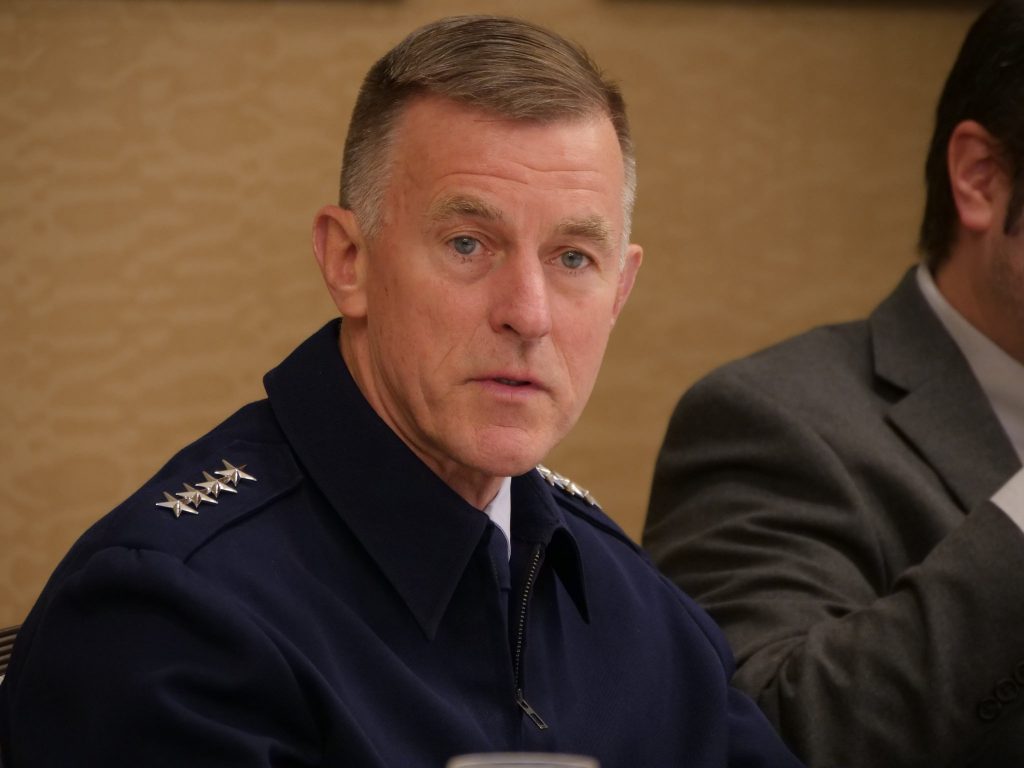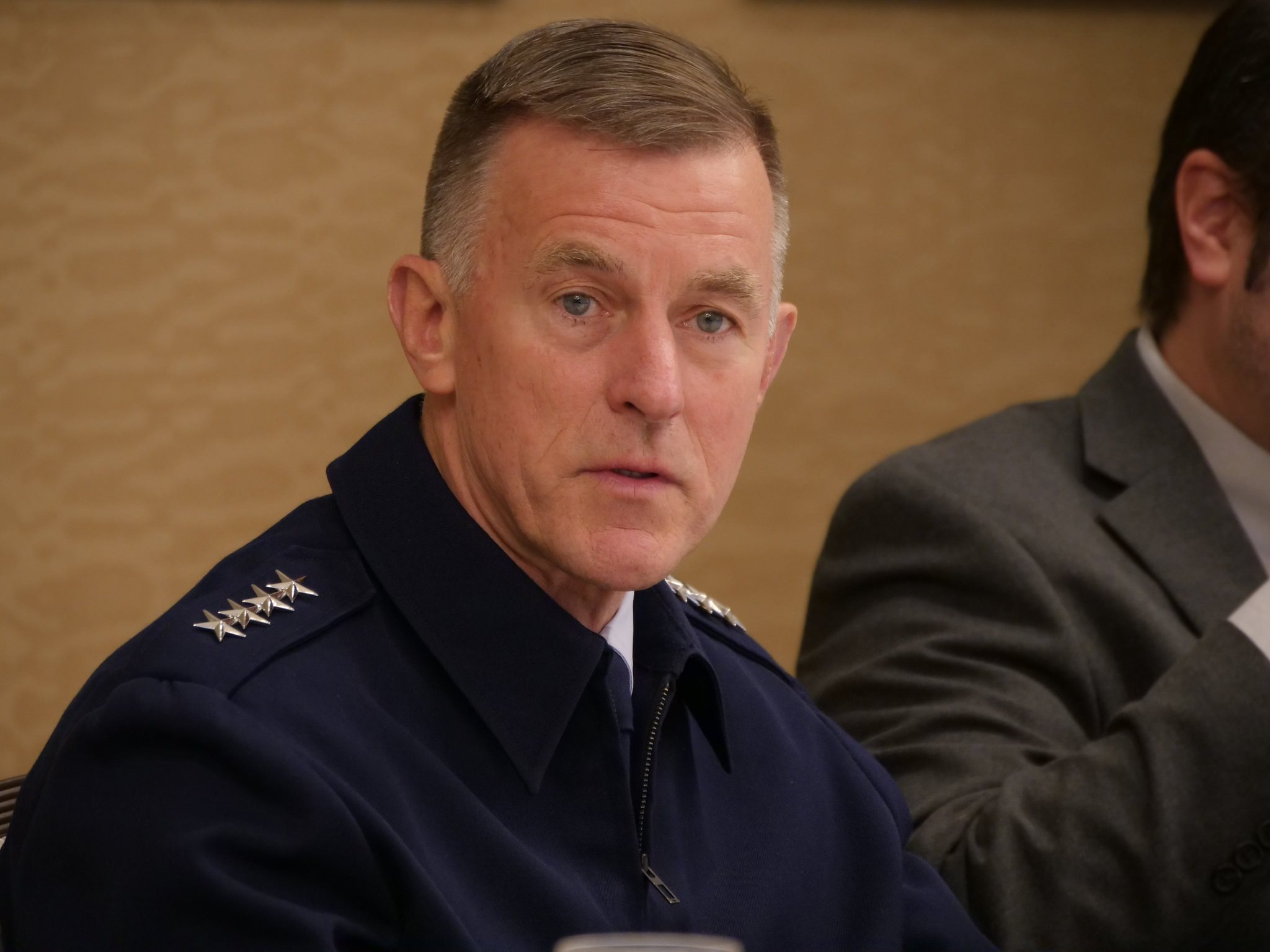
U.S. Coast Guard Commandant Admiral Paul F. Zukunft says drug smuggling from Colombia has dramatically increased in recent months because the nation has ceased aerial spraying of coca fields. Though "about a ton a day is being seized right now" on the high seas, much more is slipping through since USCG does not currently have the resources to do more. Fortunately, he says, the increase in the Defense Department budget recently signed into law by President Trump should help.
Zukunft said resumption of aerial eradication by Colombia, river interdiction operations in Colombia by U.S. and Colombian forces, and greater use by the Coast Guard of aerial drones to find drug boats are the best answers to the current surge of cocaine smuggling into the United States.
The Coast Guard is examining options for additional drones to use in drug interdiction, and looking for ways to make more extensive use of the Department of Homeland Security's existing fleet of nine Predator MQ9 unmanned aircraft.
Whereas President Trump's desired border wall and added security may improve defense against smuggling, "maritime Coast Guard and other forces are your offense" against drug cartels, Zukunft said. On average, he said, maritime drug smugglers are caught on their fourth attempt and are brought to the U.S. to serve a minimum of 12 years in U.S. prison, a high penalty which does deter some of the flow.
"Transnational criminal organizations are vulnerable on the water", he said.
The Commandant answered questions on a wide range of issues from journalists at the Defense Writers Group breakfast session, including: long-term retention of women, the need for more ice breaker ships as climate change opens up northern seas to more commerce, fishing and undersea energy exploration, as well as cooperation with Russia and others in the Arctic.
Two GW graduate students who are serving Coast Guard officers attended the session and had a chance to speak with Admiral Zukunft.
Lt. Commander Kelly Higgins, a helicopter pilot and Lt. Commander David Ruhlig are both studying in the Master of Public Administration (MPA) program at GW's Trachtenberg School of Public Policy and Public Administration. Both said they valued the opportunity.
"It gives you direct insight into the strategic focus of senior leaders," said Ruhlig.
Breaking Defense: Coast Guard Fears Two-Year Budget Boost Just A Blip: Adm. Zukunft
Defense Daily: Coast Guard Leaving Options Open For Future Polar Icebreaker Fleet Type
Federal News Radio: Where are all the Coast Guard’s mid-career women going?
The Hill: Coast Guard chief: 'Shortsighted' to think border wall will end illegal immigration
Homeland Security Today: Coast Guard Fears Two-Year Budget Boost Just a Blip, Says Zukunft
Inside Defense: Coast Guard leaving door open to buying six heavy icebreakers


